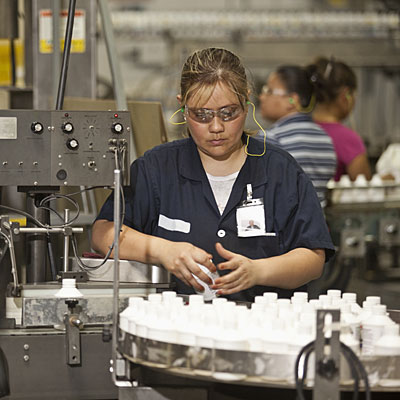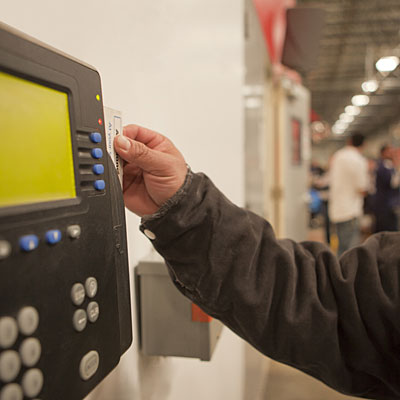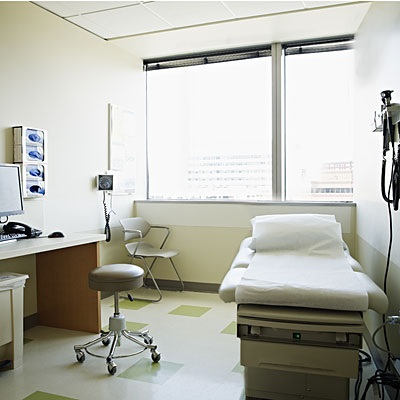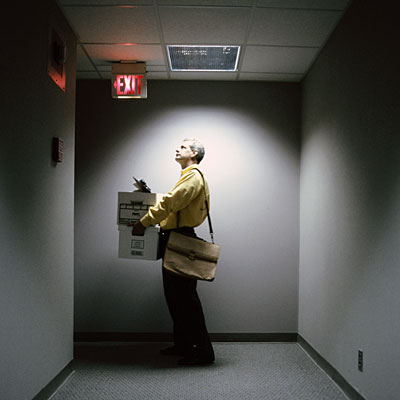
Bartenders
Many states and cities in the U.S. now have anti-smoking laws in restaurants and bars.But bartenders and servers in places that don't have such restrictions can still be forced to involuntarily inhale patrons' tobacco smoke.
"It's been well shown that secondhand smoke significantly increases the risk of heart attack," says Dr. Grogan.
Good ventilation systems can help. So can lobbying your legislators to change local rules.

Bridge and tunnel workers
One 1988 study of more than 5,000 New York City bridge and tunnel worker found that people who had worked in transportation tunnels had a 35% increased risk of heart-related death compared to the general population."It's intuitive," says Mauro Moscucci, MD, chief of the cardiovascular division at the University of Miami Miller School of Medicine. "These workers are exposed to higher levels of carbon monoxide compared to bridge workers."
Studies have shown that exposure to air pollution can increase the risk of both heart attacks and strokes.

High demand, little control
People who work in factories or any job that is highly demanding—think hourly quotas—with little control over the pace or other aspects of work, are also thought to be at higher risk of heart disease."Being out of control of your own fate is an increased stressor leading to cardiovascular disease," says Dr. Moscucci.
The landmark Whitehall study of about 11,000 British civil servants found that men and women with low job control had double the risk of heart disease as those with more control over their work.

Long hours
Employees who work long hours are also at higher risk. "We do know there's a relationship between workload and coronary artery disease," says Dr. Schnall.The Whitehall study found a 67% increased risk for coronary heart disease among British civil servants who worked 11 or more hours a day compared with those only working 7 to 8 hours.
If you can't cut back on your hours, focus instead on risk factors you can control: eat plenty of fruits and vegetables, get enough sleep, and exercise several times a week.

Jobs with no health insurance
About 50 million Americans, or 1 in 6 people, were uninsured in 2010.Lack of health insurance has been associated with worse health in general and heart health in particular.
But previously uninsured adults who started receiving Medicare reported better health after acquiring coverage, according to a 2007 study in the Journal of the American Medical Association.

Losing your job
While some occupations can be hazardous to your heart, losing your job can be too.Older workers who lose their job through no fault of their own (for example, because an office or plant closed, not because of health problems) have more than double the stroke risk as people who keep their jobs, according to a 2004 study.
And a Harvard study from 2009 found that people who lost their job were more likely to develop a new problem, such as high blood pressure, diabetes, and heart disease in the next year or two than those who didn't.
While losing your job can be psychologically and financially difficult, there are ways to stay healthy on a budget.
http://www.health.com






0 comments:
Post a Comment